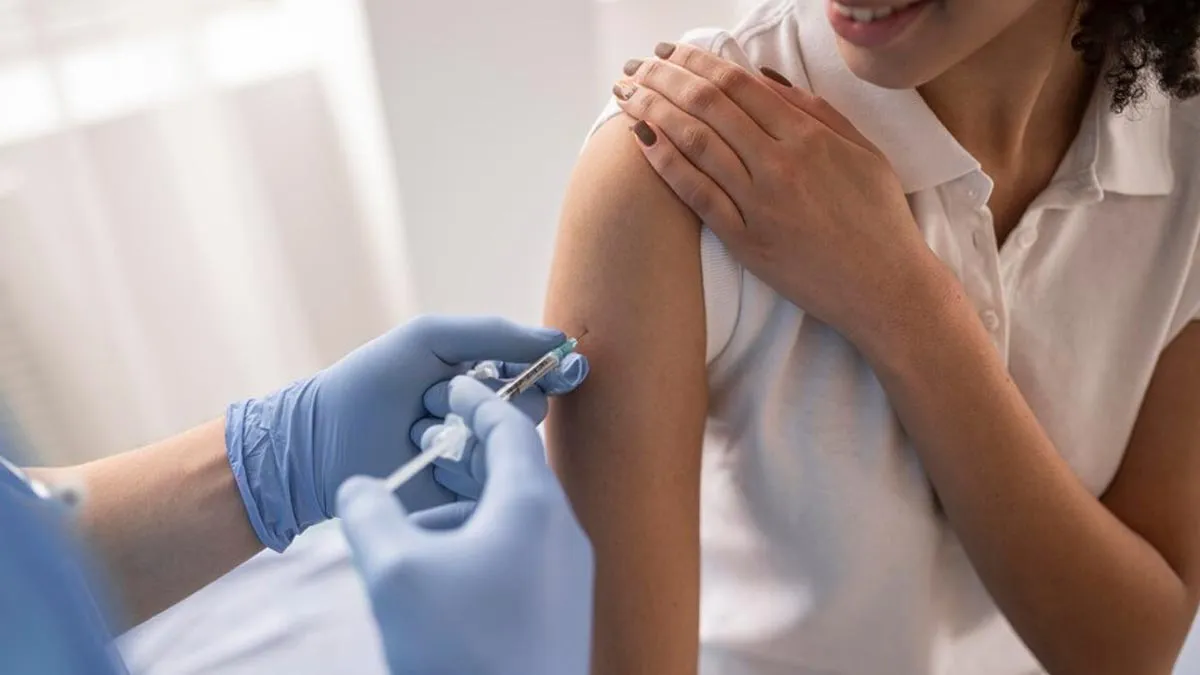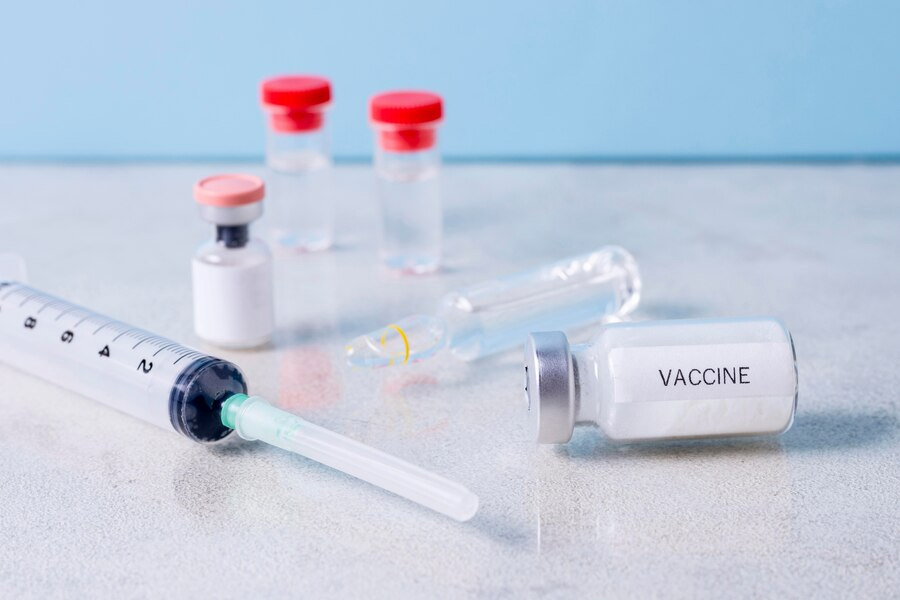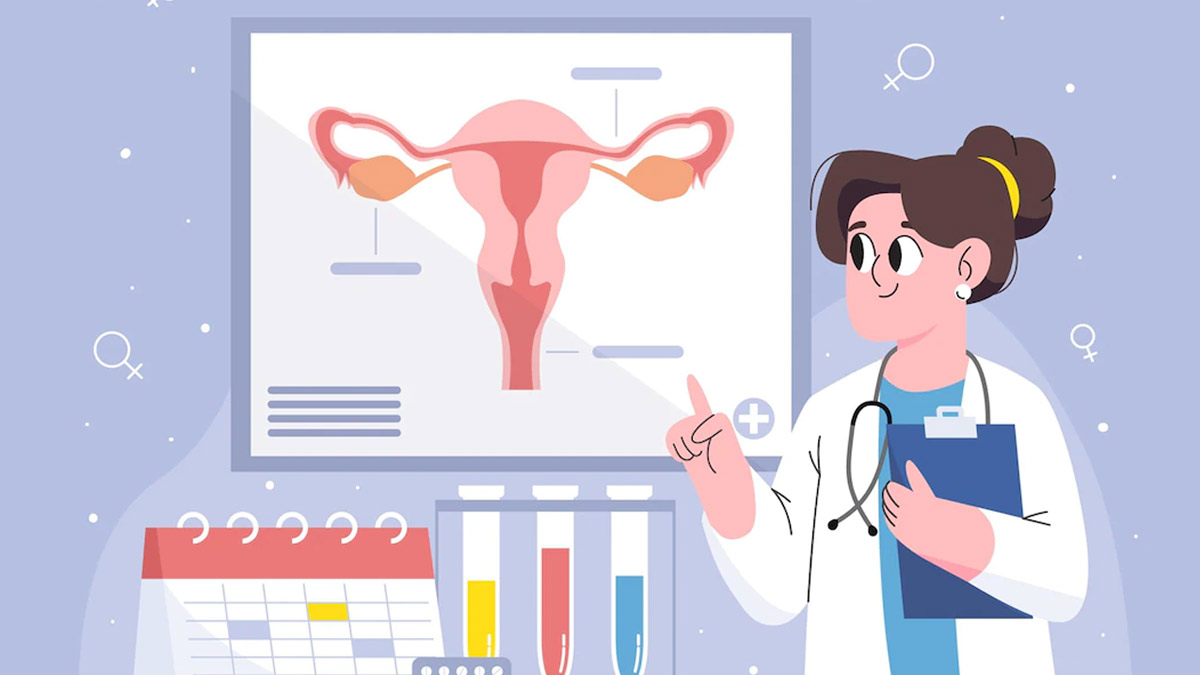
Cervical cancer is still one of the cancers in females that could be most easily prevented nowadays. This is due to the development of vaccines against the Human Papilloma Virus (HPV), which is considered to be the main cause of this disease. However, despite extensive social campaigns and scientific evidence, there is still debate among people as to whether HPV vaccines really prevent cervical cancer. Read ahead to know what science says and why vaccination is an important step to eradicating this fatal disease.
Table of Content:-
Understanding Cervical Cancer and HPV
According to the National Cancer Institute, cervical cancer originates in the cells of the cervix-the lower part of the uterus that opens into the vagina. Most cervical cancers are due to long-term infection with high-risk types of the HPV. HPV is a very common Sexually Transmitted Infection (STI); most sexually active people are exposed to it at some time in their lives.
World Health Organization (WHO) reports that there are over 100 types of HPV, about 14 are considered high-risk ones, with types 16 and 18 responsible for nearly 70% of cervical cancer cases worldwide. The virus usually clears up in most people, but in a few, it leads to persistent infection, resulting in cellular changes that could eventually cause cancer.
Also Read: Warning Signs Of Cancer In Women: Doctor Shares Unusual Changes To Watch Out For

How HPV Vaccines Work
HPV vaccines are designed to protect against the most dangerous types before exposure and include Gardasil and Cervarix. These vaccines stimulate the immune system to recognise and fight HPV, thereby preventing the virus from infecting cervical cells.
In a previous interaction with the editorial team of Onlymyhealth, Dr Uma Dangi, Consultant Medical Oncology, Kokilaben Dhirubhai Ambani Hospital, Andheri West, Mumbai, explained that the HPV vaccine doesn't treat the existing infections or cancer but prevents new infections with the most cancer-causing HPV strains. It's a preventive tool and not a cure.
In fact, studies also claim that vaccination against HPV is most effective when administered prior to the onset of sexual activity, preferably between ages 9 and 14. However, even older teenagers and adults under 45 can benefit from vaccination, particularly if they have not been exposed to all strains.
Proven Effectiveness and Global Impact of Cervical Cancer Vaccination
There is consensus from clinical studies and real-world data that vaccination against HPV significantly reduces the risk of cervical cancer. Countries like Australia and the UK that have national HPV vaccination programs have already reported a serious decline in cervical precancers and HPV infections.
Also Read: Is Cervical Cancer Possible Without HPV Infection?

WHO also revealed that if widely used, the human papillomavirus vaccination has the potential to decrease cervical cancer rates by over 90% in future generations. "HPV vaccination, along with screening, is one of the most powerful weapons we have against cervical cancer," the report reads.
Myths and Misconceptions About HPV Vaccines
There are several myths about HPV vaccines despite proven benefits. Some fear side effects associated with the vaccines or believe vaccination encourages early sexual activity. However, in reality, extensive safety studies have demonstrated that HPV vaccines are well-tolerated; any side effects, such as soreness or fever, are temporary. Furthermore, studies have confirmed no association between vaccination and changes in sexual behaviour.
Another common myth is that vaccination eliminates the need for regular Pap smears or HPV testing. "Even vaccinated women must continue cervical screening. The vaccine doesn't protect against all HPV strains, so screening remains essential," Dr Dangi had shared earlier.
Cervical Cancer and India
In India, cervical cancer is the second most common cancer among women and has claimed thousands of lives. Recently, the Indian government introduced the indigenous HPV vaccine Cervavac to make protection more accessible and affordable. Expanding vaccination coverage, increasing awareness of this infection, and encouraging regular screening together can make cervical cancer a disease of the past.
Bottomline
Yes, vaccines do prevent cervical cancer, by blocking the HPV infections that cause it. When combined with regular screening and awareness, HPV vaccination is a proven, life-saving measure that can protect generations of women from this preventable cancer.
Also watch this video
FAQ
1. At what age should girls receive the HPV vaccine?
The ideal age for HPV vaccination is between 9 and 14 years, before the start of sexual activity. However, it can also be given up to age 45.2. Does the HPV vaccine treat an already existing HPV infection or cervical cancer?
No, the vaccine does not treat existing infections or cancers but stops new infections caused by high-risk types of HPV.3. Do women need Pap testing if they have had the HPV vaccine?
Yes, regular cervical screening is necessary even after vaccination to detect precancerous changes that could be the result of other types of HPV not covered by the vaccine.
How we keep this article up to date:
We work with experts and keep a close eye on the latest in health and wellness. Whenever there is a new research or helpful information, we update our articles with accurate and useful advice.
Current Version
Nov 03, 2025 12:12 IST
Modified By : Tanya SrivastavaNov 03, 2025 12:12 IST
Published By : Tanya Srivastava